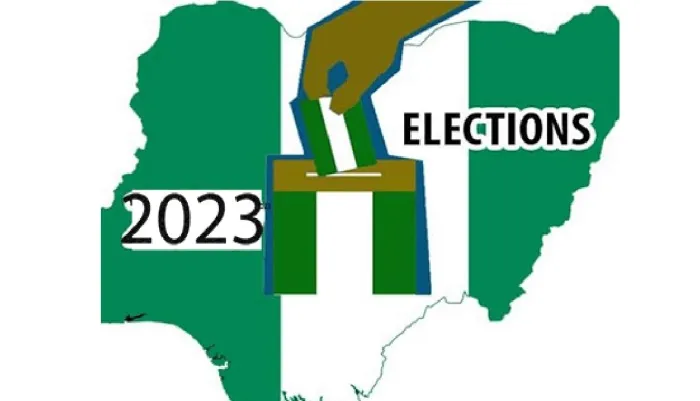Why a free and fair election is crucial to Nigeria
The impact of a free and fair election on Nigeria would be significant, as it has the potential to shape the political landscape of the country and have ripple effects on its economy, society, and international relations. First and foremost, a free and fair election would enhance the legitimacy of Nigeria’s democracy and foster greater […]

The impact of a free and fair election on Nigeria would be significant, as it has the potential to shape the political landscape of the country and have ripple effects on its economy, society, and international relations.
First and foremost, a free and fair election would enhance the legitimacy of Nigeria’s democracy and foster greater trust between the government and the citizenry. When citizens feel that their votes count and their voices are heard, they are more likely to participate in future political processes and hold their leaders accountable. This, in turn, could lead to greater political stability and social cohesion, as well as reduce the likelihood of violent conflicts arising from disputed election results.
Furthermore, a free and fair election could help to address some of the challenges that Nigeria faces, such as corruption, poverty, and inequality. By electing leaders who are committed to good governance, the rule of law, and economic development, Nigerians could see improvements in their standard of living and overall well-being.
In terms of Nigeria’s international relations, a free and fair election could enhance the country’s standing in the global community and improve its prospects for foreign investment and trade. When democratic norms and values are upheld, other countries are more likely to view Nigeria as a reliable partner and ally, which could result in increased cooperation and mutually beneficial outcomes.
However, if the election is marred by irregularities, violence, or other forms of manipulation, the impact could be quite different. It could lead to a loss of confidence in the electoral process, undermine democratic institutions, and fuel social unrest. This could have negative consequences for Nigeria’s political stability, economic growth, and international reputation.
In conclusion, the impact of a free and fair election in Nigeria is significant, and its outcome could have far-reaching consequences for the country and its people. It is important that all stakeholders work together to ensure that the election is conducted in a transparent, peaceful, and democratic manner, and that the will of the people is respected.
Salim Maigari wrote via [email protected]
